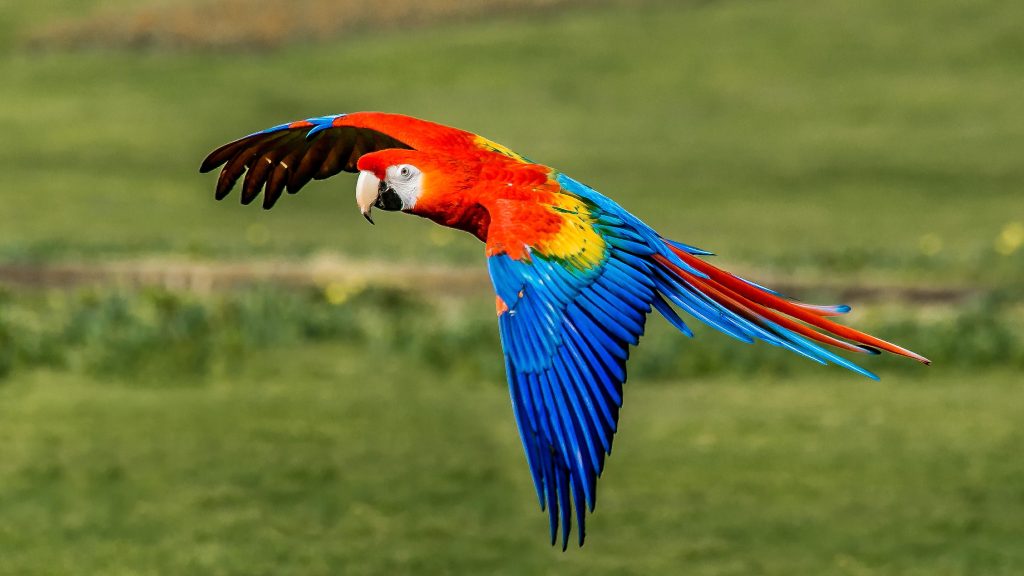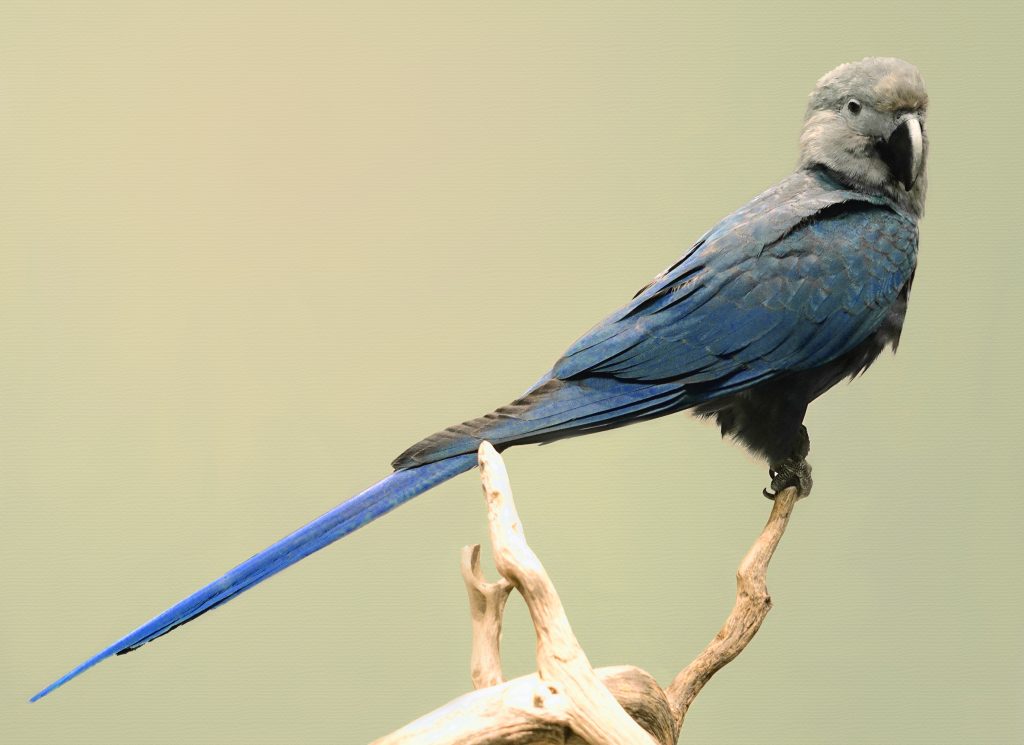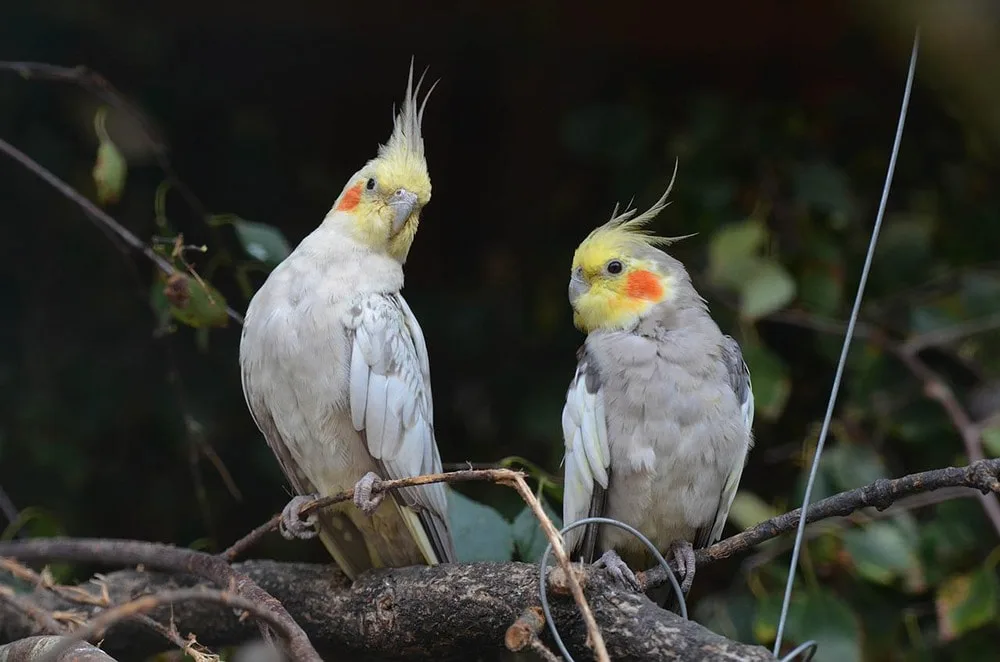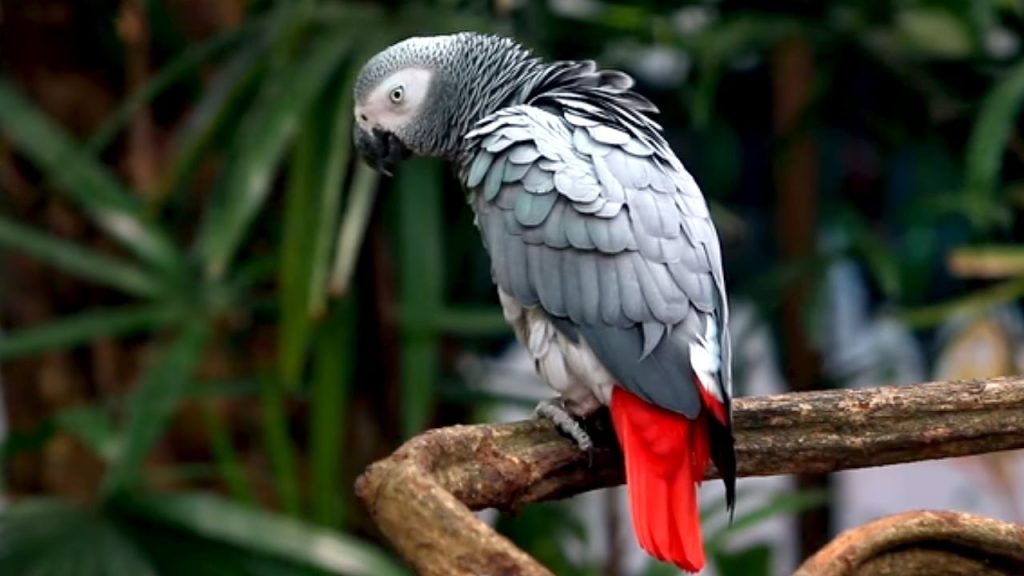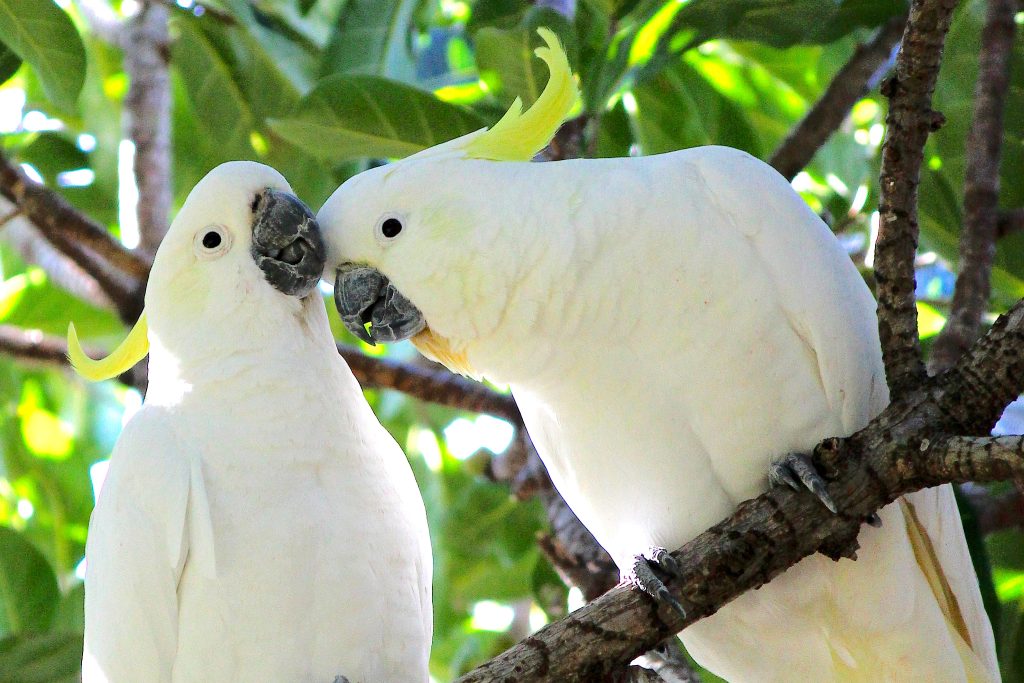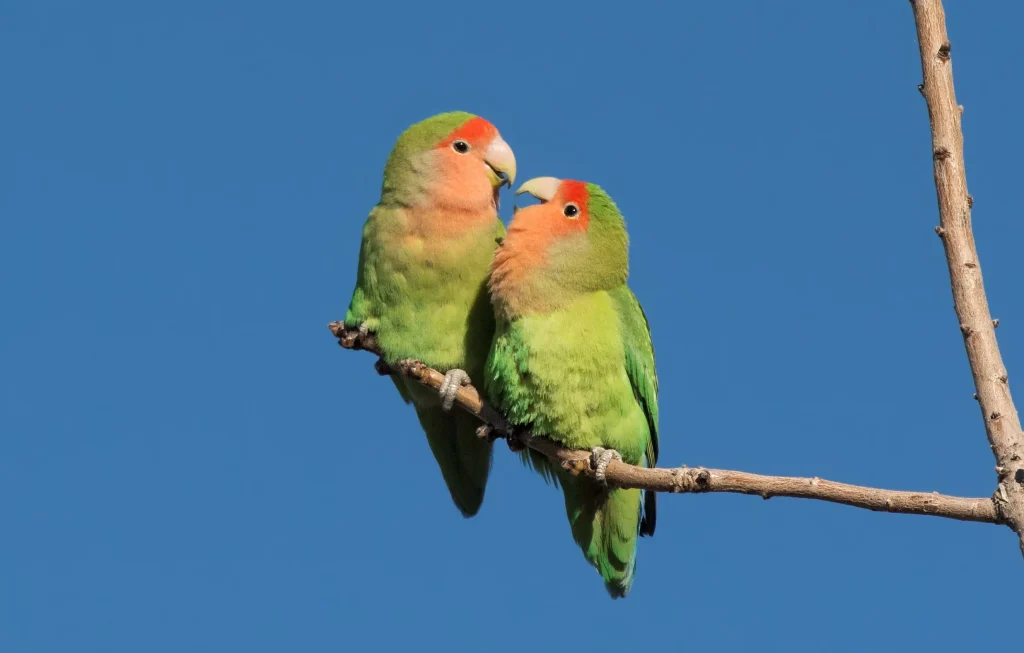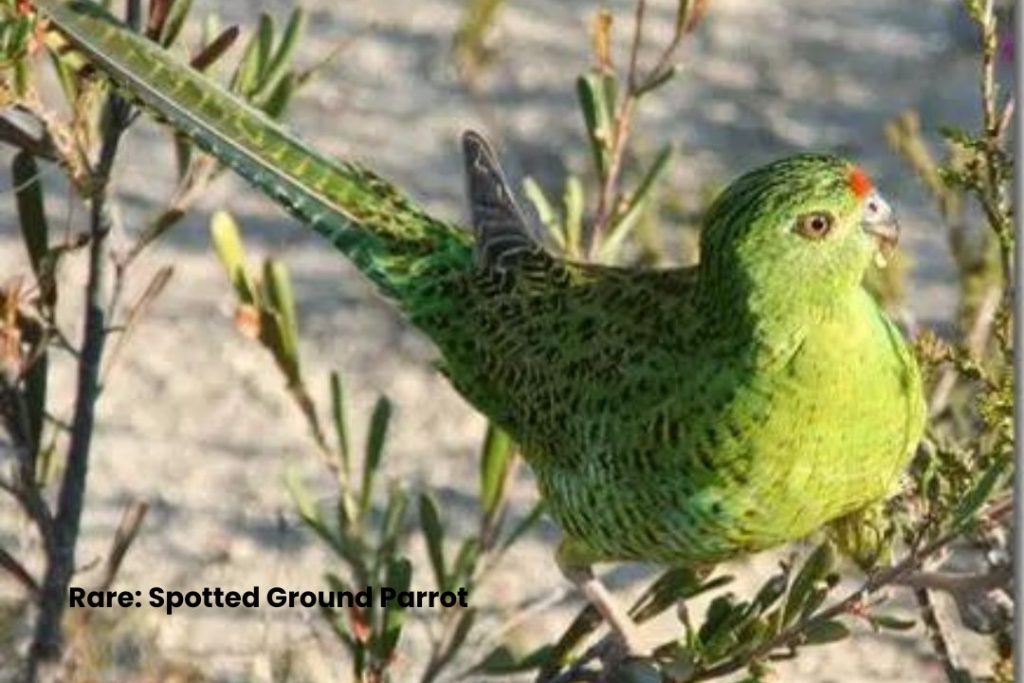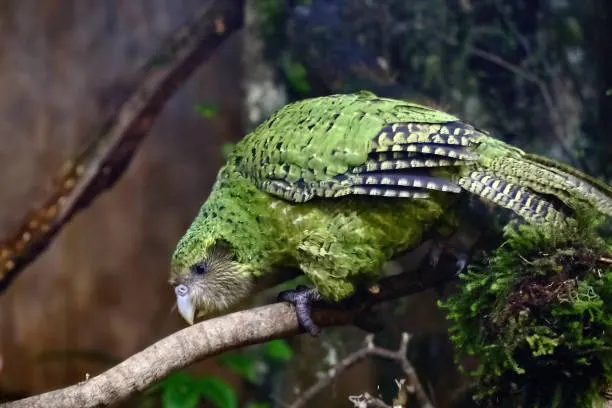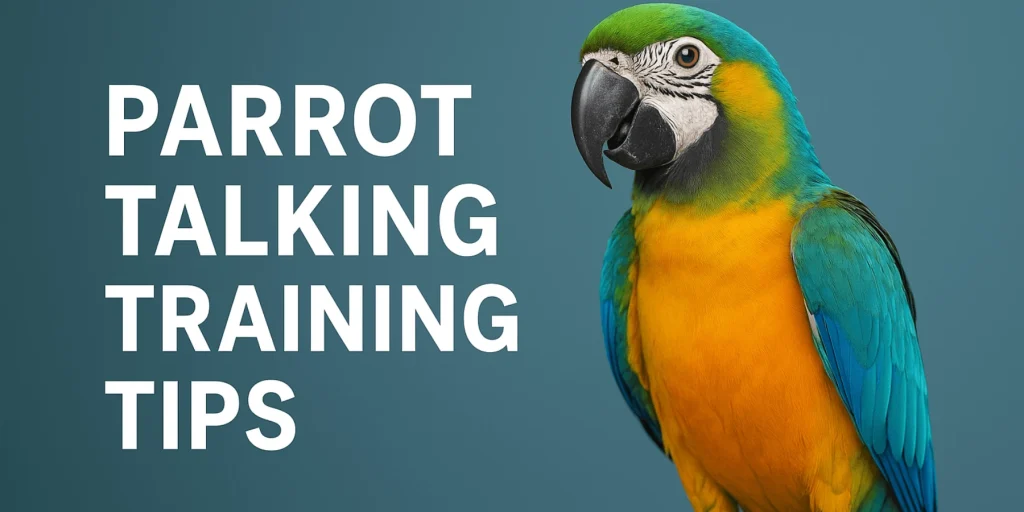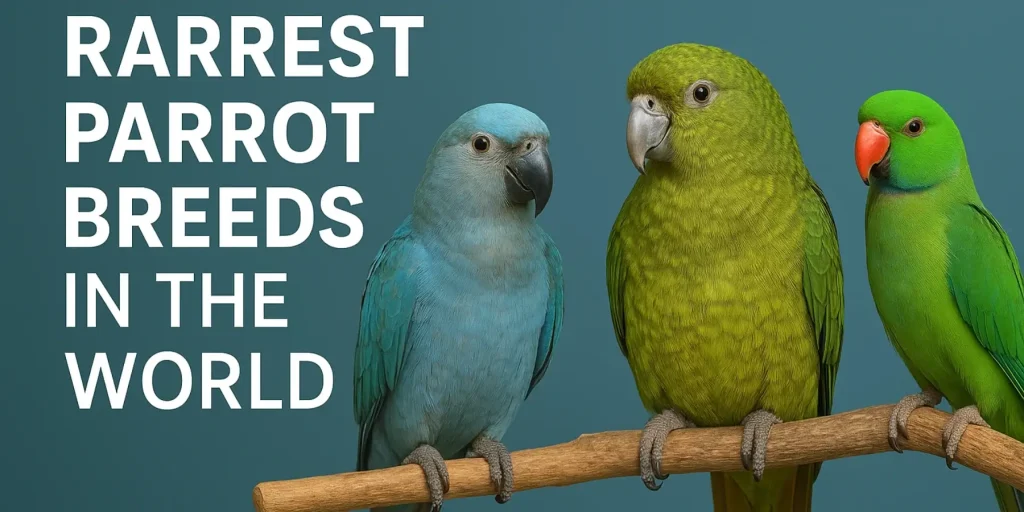🦜 Macaw Parrots – Colorful, Charismatic, and Incredibly Intelligent
💬 Introduction
Macaw parrots are among the most visually stunning and emotionally expressive birds in the world. Known for their bright plumage, bold personalities, and remarkable intelligence, Macaws make unforgettable companions. Whether you’re a bird lover or considering a Macaw as a lifelong friend, their charm is hard to resist.
🌍 Origin and Habitat
Macaws are native to Central and South America, particularly thriving in tropical rainforests, woodlands, and savannas. These birds play an important role in the ecosystem by spreading seeds and maintaining plant diversity. In the wild, Macaws are often seen flying in pairs or small flocks, showing strong social bonds and high intelligence.
🦜 Types of Macaws
There are over 17 known species of Macaws, with some of the most popular including:
- Blue and Gold Macaw: Brilliant blue wings with a golden-yellow chest
- Scarlet Macaw: A bold mix of red, blue, and yellow feathers
- Green-winged Macaw: Larger than most, with deep red and green plumage
- Hyacinth Macaw: The largest parrot species in the world, cobalt blue
- Military Macaw: Olive green with a vibrant red forehead
Each species has its unique characteristics, but all share similar needs for space, stimulation, and affection.
🎨 Physical Characteristics
Macaws are known for their impressive size and vivid coloring. Here’s what to expect:
- Size: 30–40 inches (76–100 cm), depending on the species
- Weight: 900–1500 grams
- Color: Bright hues of red, yellow, blue, green, or a mix
- Beak: Large, curved, and powerful – perfect for cracking nuts
- Lifespan: 40 to 80 years with proper care
Their expressive eyes and strong beaks give them a charismatic look that’s hard to forget.
❤️ Temperament and Behavior
Macaws are social, affectionate, and often described as “feathered comedians.” However, their large size and strong personalities mean they require experienced and patient caregivers.
- Very vocal and expressive – expect loud calls and playful chatter
- Emotionally sensitive – they need love, attention, and consistency
- Highly social – they bond deeply with their caregivers
- Enjoy physical affection and interactive play
Their playful and curious nature makes them fun companions, but also requires daily mental and physical stimulation.
🏡 Housing and Environment
A Macaw’s cage should be more like a mini-aviary than a traditional birdcage. These birds need plenty of space to stretch their wings and explore.
- A spacious cage: at least 36 x 48 x 60 inches for large Macaws
- Multiple perches, swings, and chewable toys
- Daily out-of-cage time (3–5 hours minimum)
- Safe play zones both inside and outside the cage
Macaws thrive in environments where they can climb, chew, and interact with people and objects.
🥦 Diet and Nutrition
Proper nutrition is vital to keeping your Macaw healthy and energetic. Their diet should be varied and balanced:
- 🔹 High-quality formulated pellets (60–70%)
- 🍎 Fresh fruits like bananas, apples, and mangoes
- 🥬 Leafy greens and vegetables such as kale, carrots, and broccoli
- 🌰 Occasional nuts and seeds (as treats)
- 💧 Clean water is available at all times
Avoid feeding chocolate, caffeine, avocado, and salty or sugary foods.
🩺 Health and Common Concerns
While generally hardy, Macaws can be prone to certain health issues, especially if not mentally or physically stimulated.
- Feather plucking: Often due to boredom or stress
- Beak malformation: Usually caused by a poor diet
- Respiratory infections: Caused by damp or unclean environments
- Psittacine Beak and Feather Disease (PBFD): A serious viral illness
Regular veterinary checkups, enrichment, and proper diet go a long way in preventing health problems.
🐣 Breeding and Social Bonds
Macaws are monogamous and form lifelong bonds. In captivity, breeding requires expertise and responsible planning.
- A quiet and secure space for nesting
- A healthy, mature pair with strong bonds
- Access to a diet high in calcium and nutrients
For pet homes, building a strong bond with your Macaw is far more important than encouraging reproduction.
📚 Fun Facts About Macaws
- 🧠 Macaws are as intelligent as a 3–5-year-old child
- 🎤 They can mimic human speech and environmental sounds
- 🌈 Their vibrant colors help them blend into tropical foliage
- 🌍 Some species, like the Spix’s Macaw, are critically endangered
❓ Frequently Asked Questions
Q1: Are Macaws good for beginners?
A: Due to their size, noise, and care needs, Macaws are better suited for experienced bird keepers or those who have done thorough research and preparation.
Q2: Can Macaws talk like other parrots?
A: Yes! Many Macaws can mimic words and phrases. Some even understand the context and use words appropriately.
Q3: Do Macaws get along with other pets?
A: It depends on the individual bird and the pet. While some Macaws coexist peacefully with dogs or cats, close supervision is always necessary.
Q4: How long do Macaws live?
A: With proper care, Macaws can live 40–80 years. Some have even lived past 90!
Q5: Are Macaws endangered?
A: Sadly, several species of Macaws are endangered or extinct in the wild due to habitat loss and illegal trade. Conservation efforts are crucial for their survival.
✅ Conclusion
Macaw Parrots are not just pets—they’re lifelong companions bursting with color, intelligence, and personality. With their ability to bond deeply and entertain endlessly, Macaws bring immense joy to those willing to meet their needs. If you’re ready for the commitment, a Macaw will reward you with a friendship like no other—vocal, vibrant, and full of love.
Cockatoos
🦜 Macaw Parrots for Sale
Macaw Parrots are vibrant, large, and intelligent birds known for their striking colors and playful personalities. Native to Central and South America, these parrots thrive with plenty of space, social interaction, and mental stimulation. Below are country-specific links to help you find Macaw Parrots for sale.
- Macaw Parrots for Sale in India
- Macaw Parrots for Sale in Pakistan
- Macaw Parrots for Sale in United Arab Emirates
- Macaw Parrots for Sale in Malaysia
- Macaw Parrots for Sale in Canada
- Macaw Parrots for Sale in Australia
- Macaw Parrots for Sale in United States
- Macaw Parrots for Sale in Nigeria
- Macaw Parrots for Sale in Philippines
- Macaw Parrots for Sale in Indonesia
- Macaw Parrots for Sale in United Kingdom
